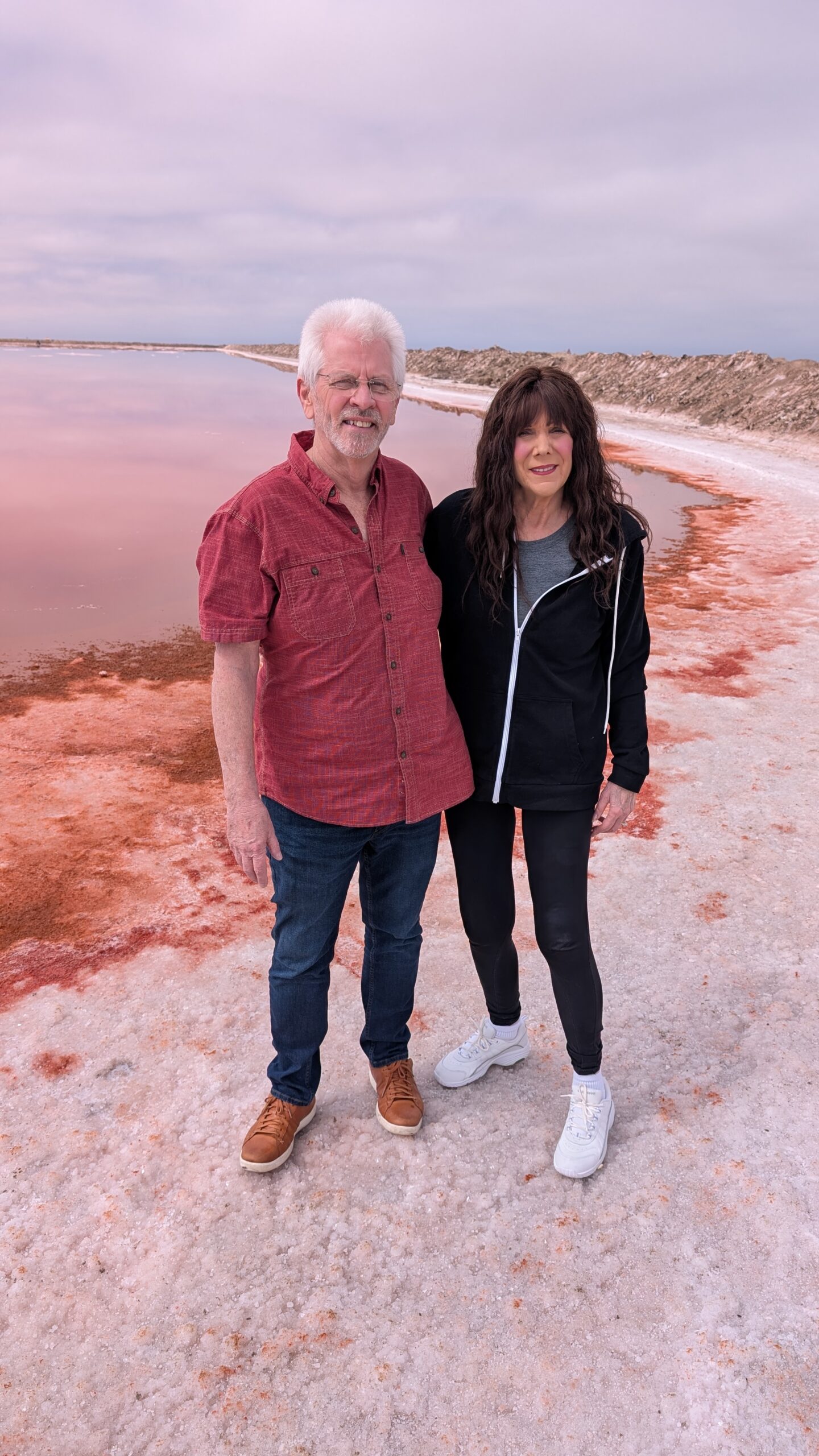
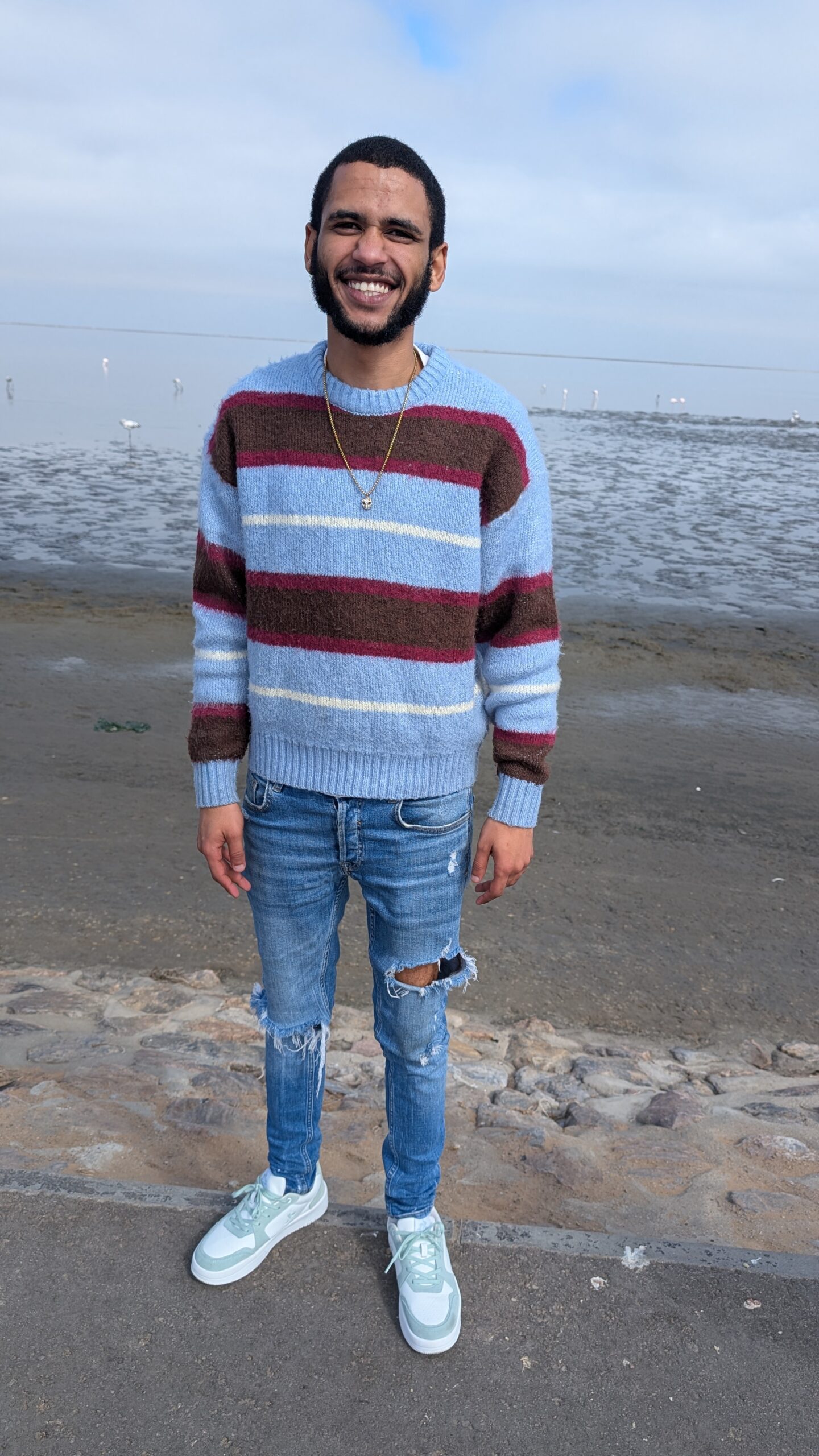
On Veterans Day, November 11, 2025: On this Veterans Day, we pause to remember and give thanks to all who have served. May your bravery never be forgotten, and may you feel the deep gratitude of a nation that honors you.”
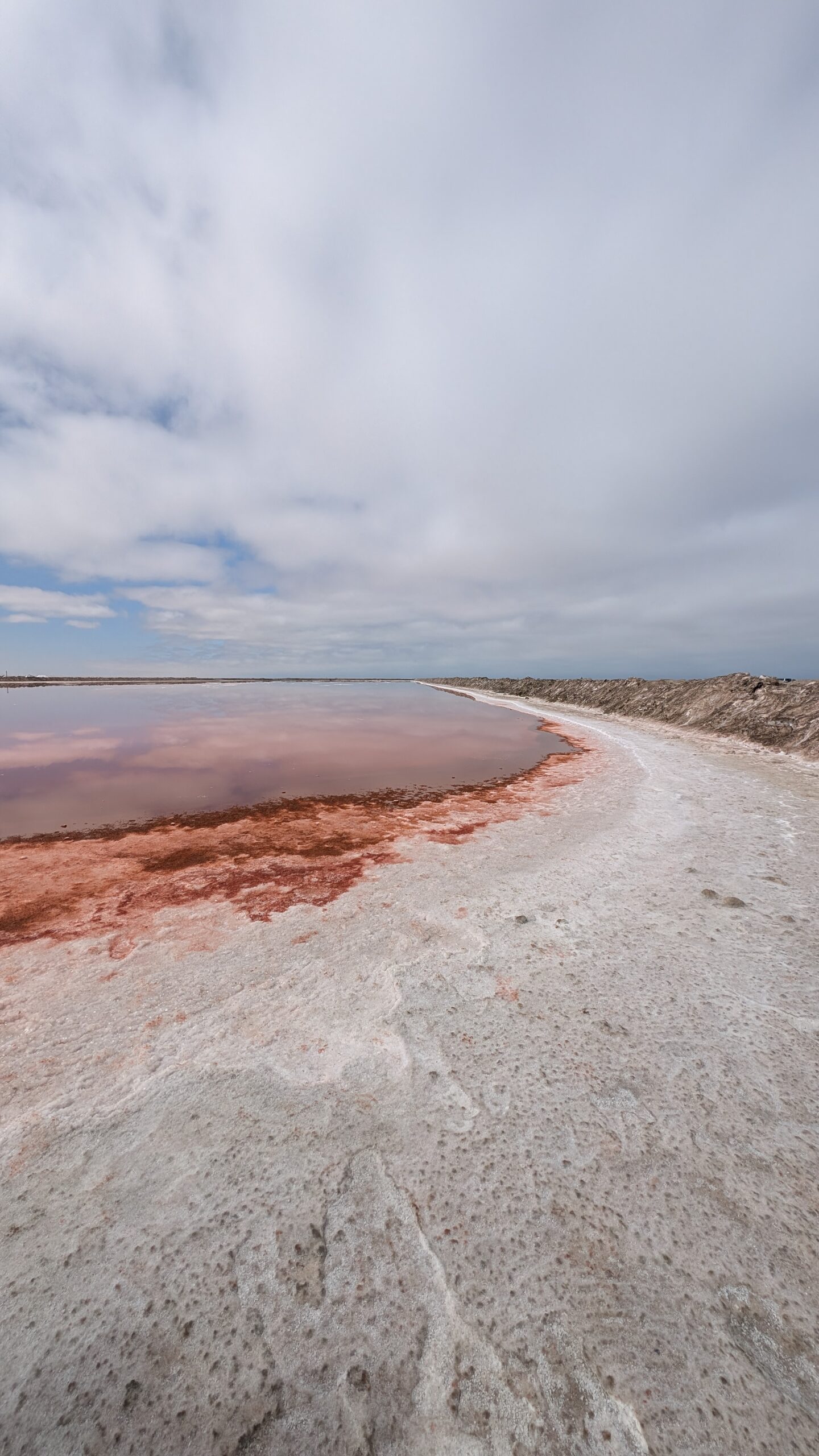

Yesterday turned out to be one of those travel days that remind us why we continue to embrace this nomadic life after so many years on the road, or, in this case, at sea. After nine consecutive days of sailing, we finally arrived in Walvis Bay, Namibia, a place we’d long been curious about. The moment we stepped off the ship, the crisp desert air mingled with the salty breeze from the Atlantic, and we could feel that distinctive African rhythm—unhurried, yet quietly alive with energy.
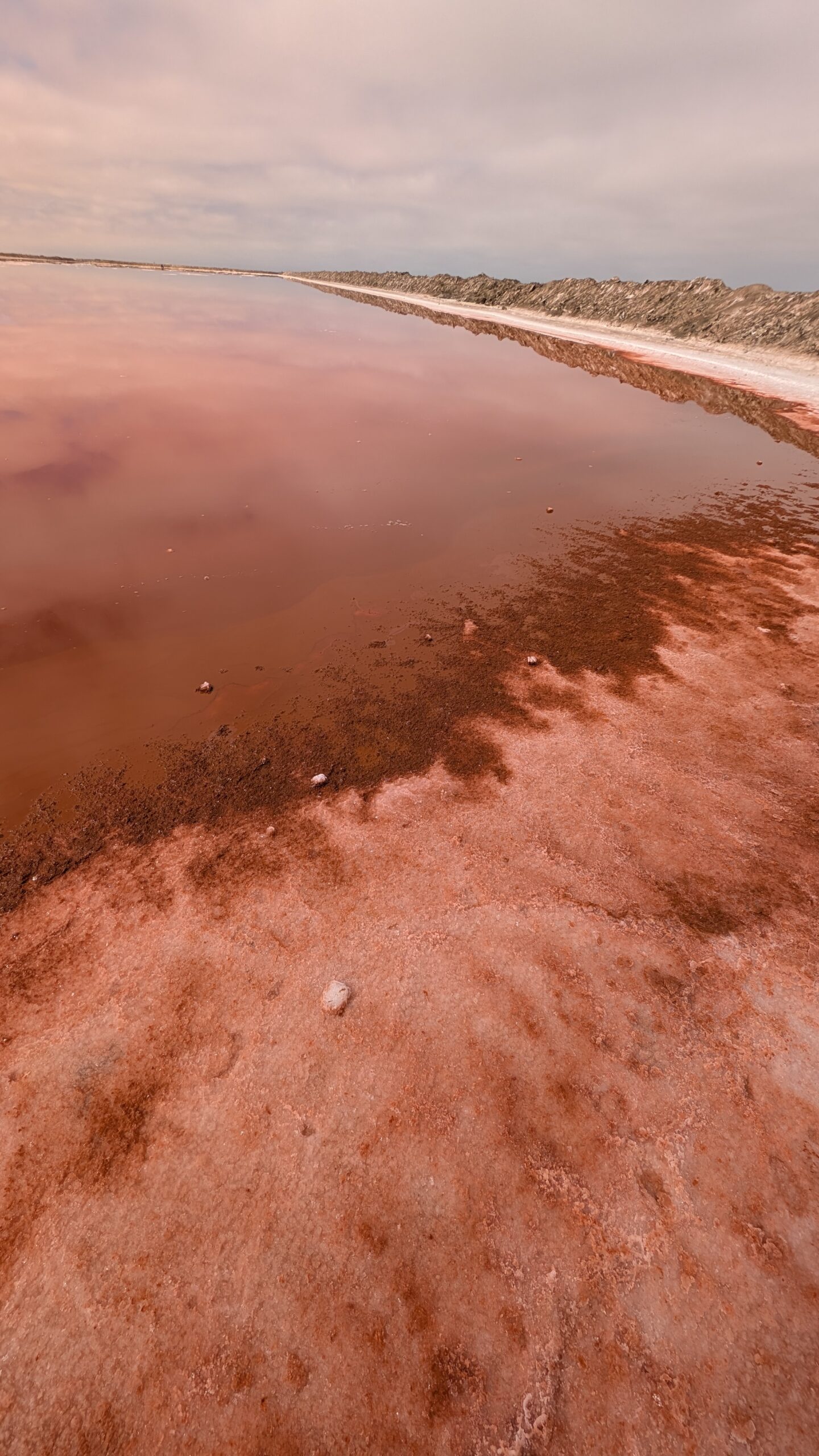
We decided not to take one of the ship’s pricey organized excursions. Instead, we chose a local taxi service to show us around, giving us a chance to experience the area through the eyes of someone who calls it home. That’s how we met Francisco Ambrosini, our driver for the day, a kind and soft-spoken man who immediately made us feel at ease. His black SUV was spotless and comfortable, and from the moment we began our tour, we knew we’d made the right choice.
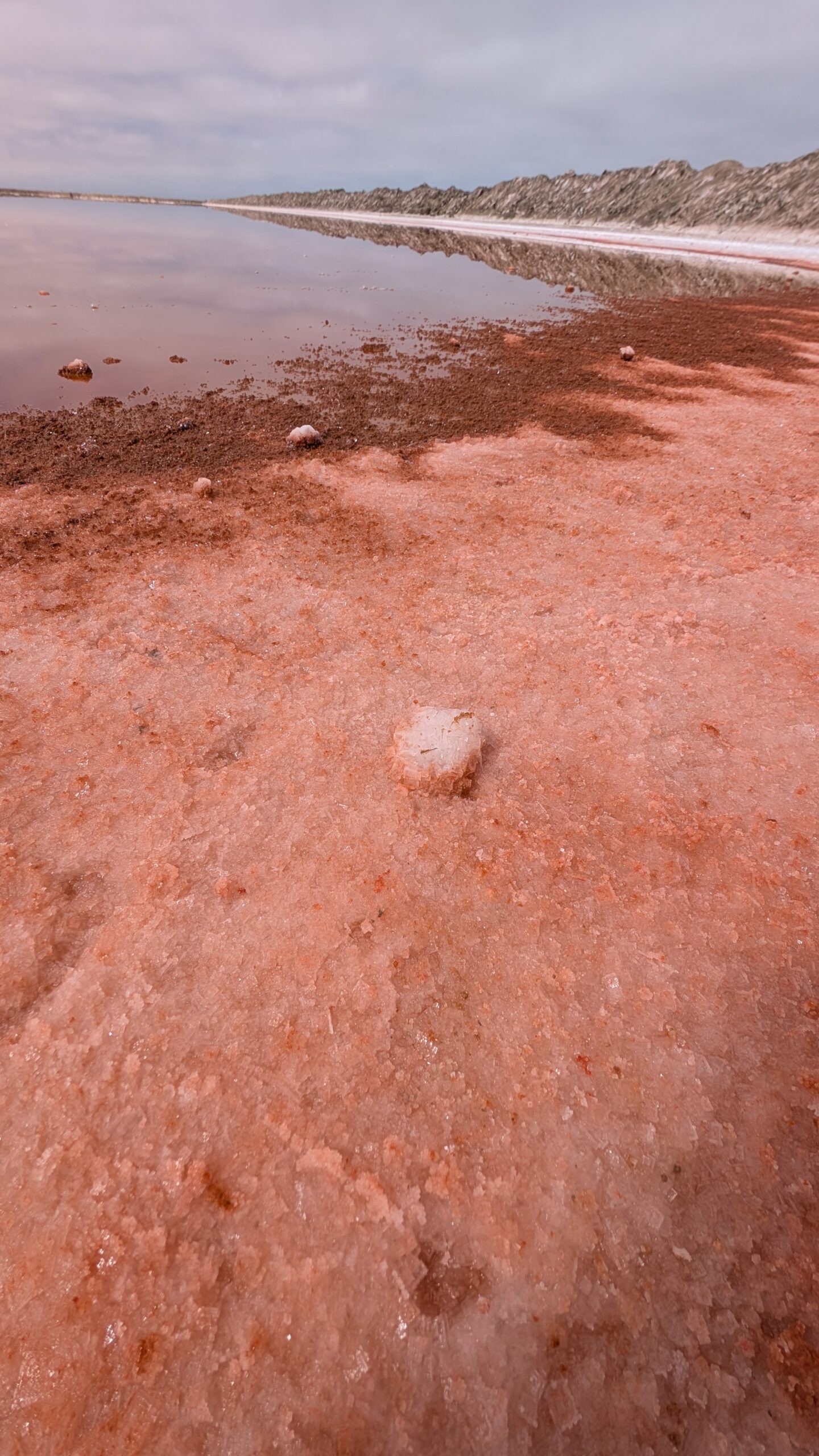
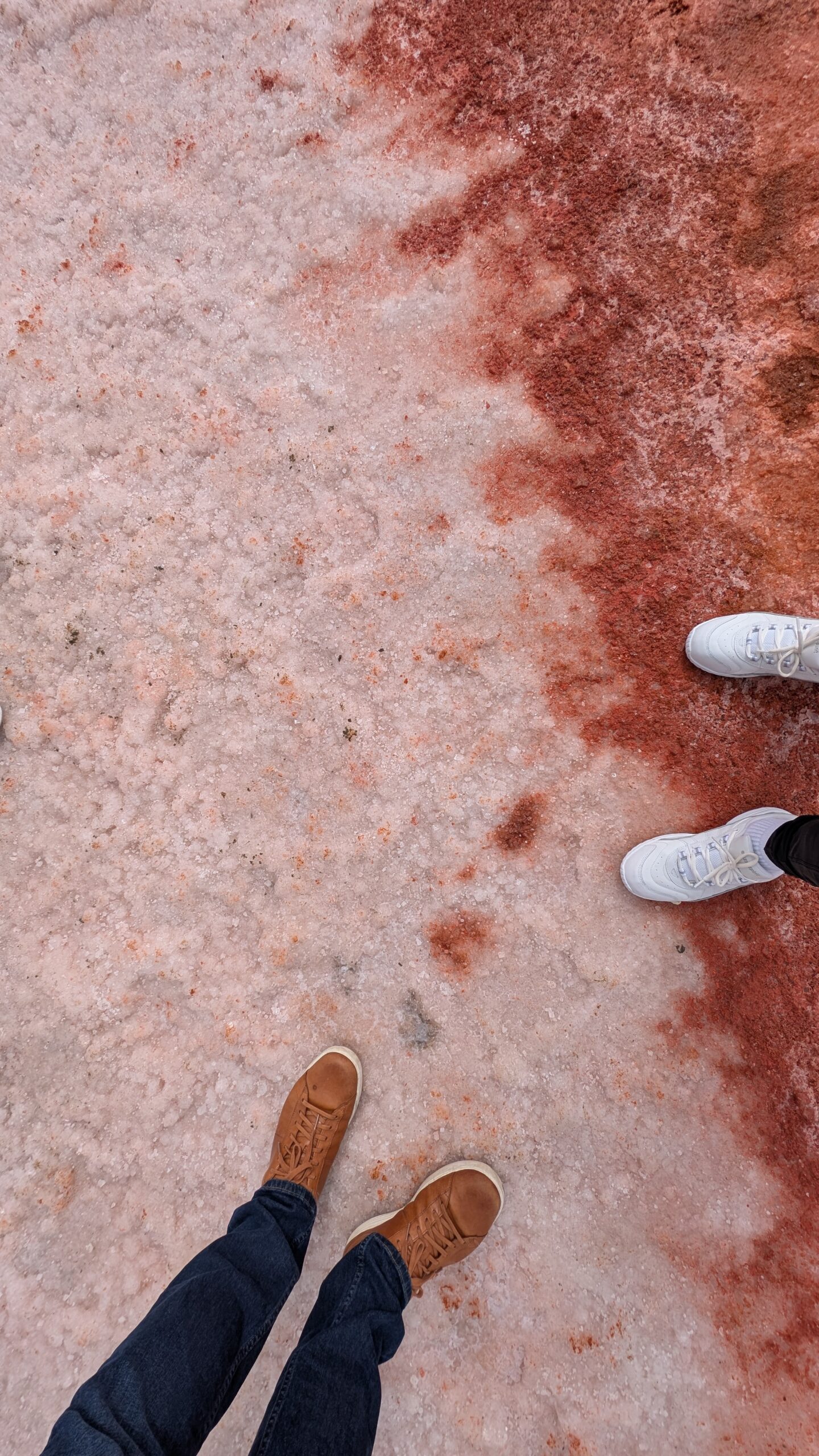
Francisco seemed to intuitively understand the pace we enjoyed—unhurried, but thorough. Our first stop was the lagoon, famous for its vast colonies of flamingos. As we approached the water, the sight took our breath away. Thousands of the graceful pink birds waded and fed in the shallow blue water, their movements so synchronized it seemed choreographed. The reflection of their slender legs shimmered in the morning light, creating a watercolor effect that no camera could fully capture, though we certainly tried. Francisco patiently waited while we took dozens of photos, never rushing us, always smiling and making sure we were happy with the view.
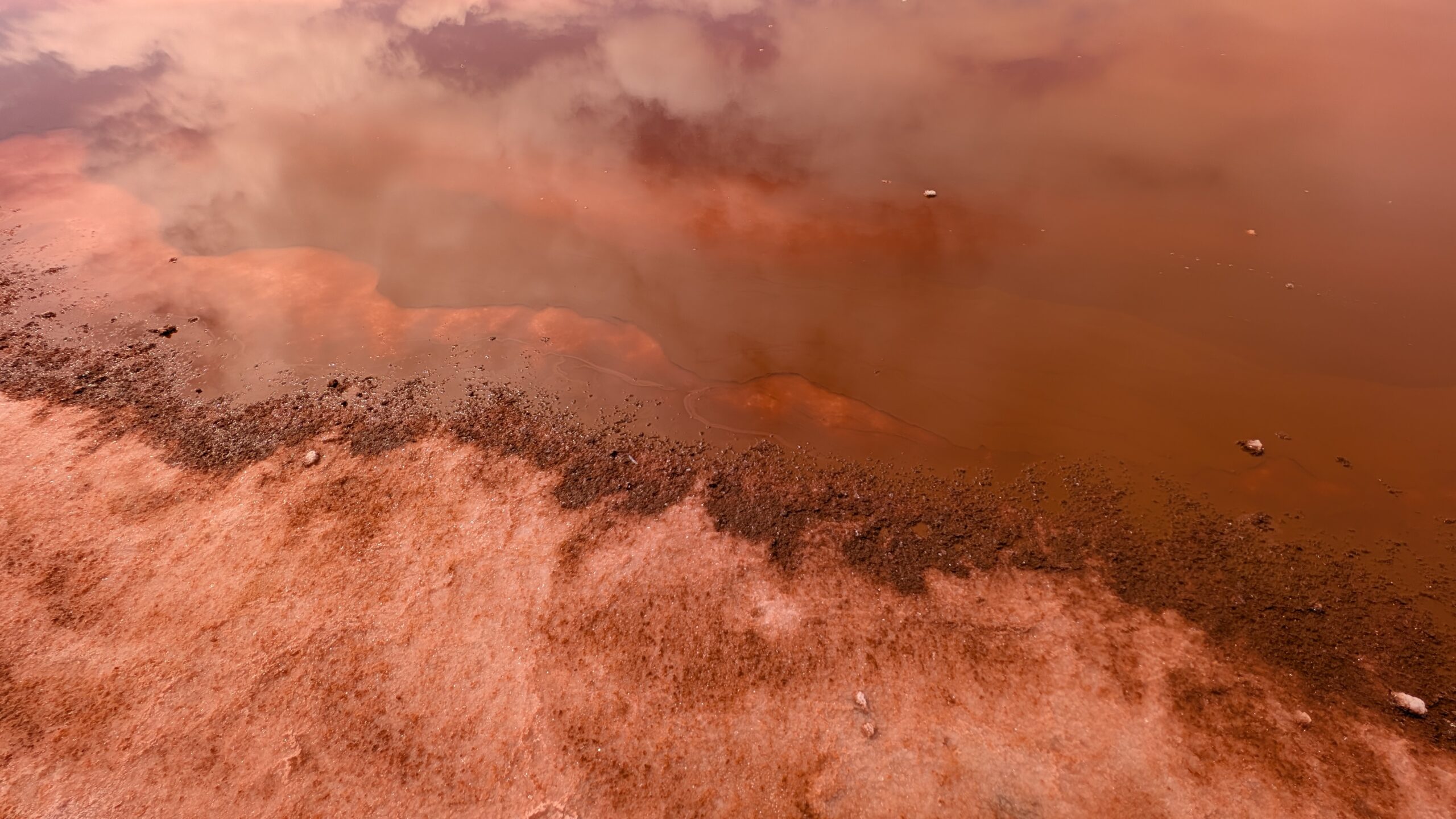
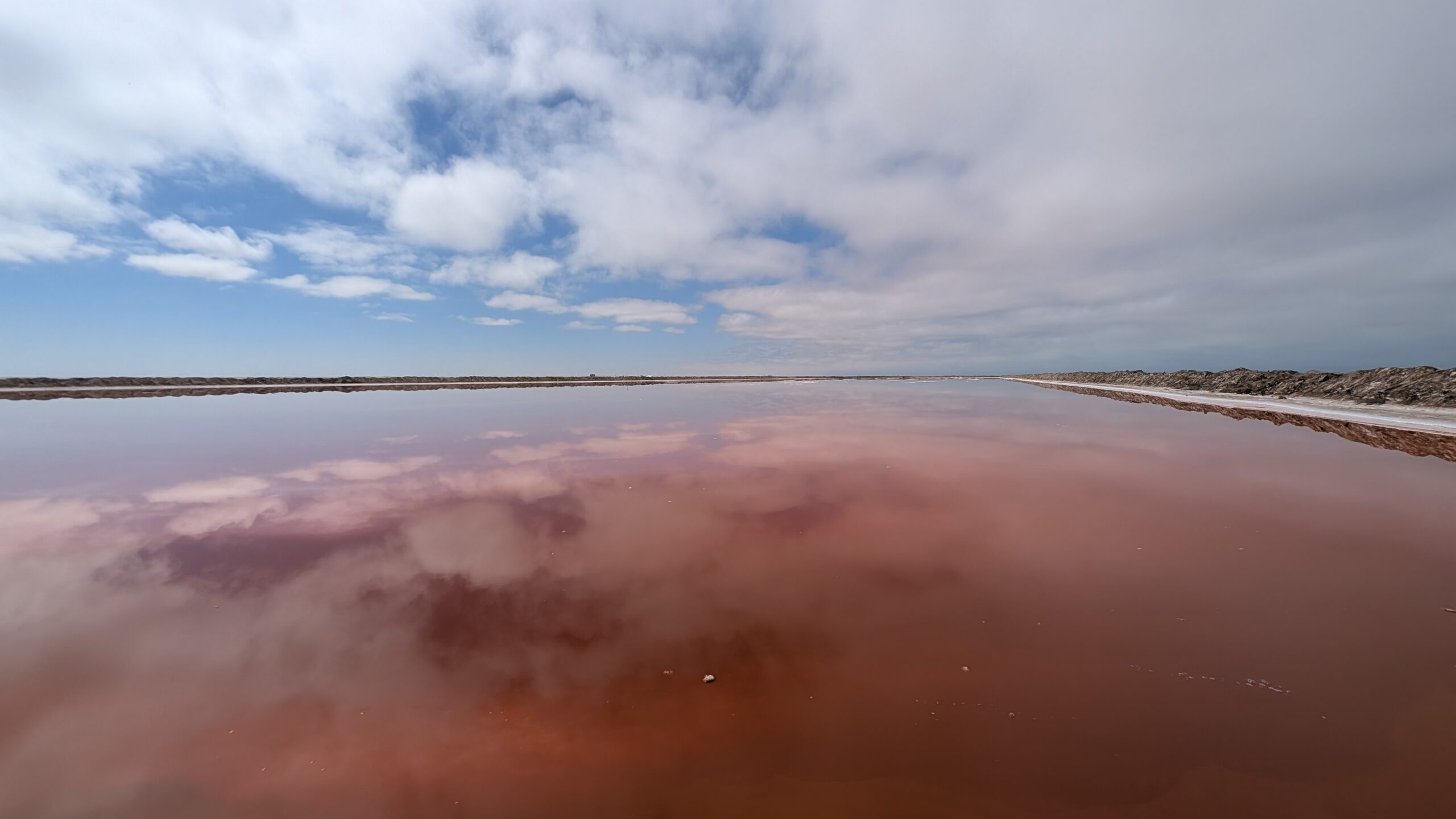
From there, he drove us toward the salt-making flats, a fascinating contrast to the lush vibrancy of the flamingo lagoons. The landscape turned stark and white, stretching endlessly under the African sun. Francisco explained how the salt is harvested—a meticulous process that relies on evaporation and natural brine concentration. We could see the piles of salt glistening in the distance, like small snowcapped mountains scattered across the desert. There was a surreal beauty to it, a kind of quiet poetry that reminded us how diverse and astonishing the world can be when seen through curious eyes.
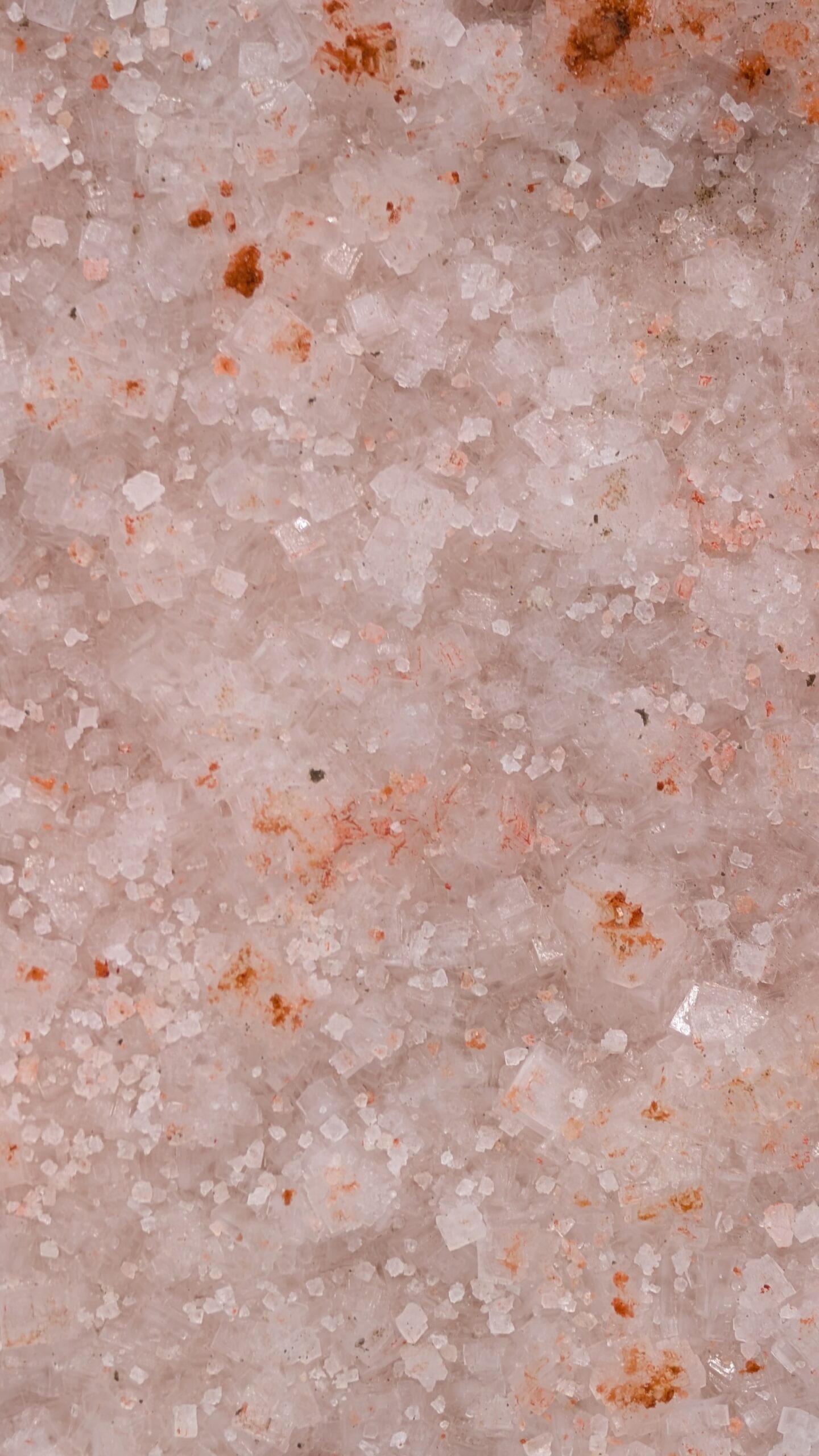
And then came one of the day’s highlights: the Pink Lake. We’d seen photos before, but standing beside it was something else entirely. The color was real—vivid pink, almost otherworldly, caused by microscopic algae that thrive in the saline water. Against the backdrop of the desert and the blue sky, it looked like a dreamscape. Again, Francisco encouraged us to take our time, stepping out of the SUV with us, answering our endless questions, and even suggesting the best angles for photographs.
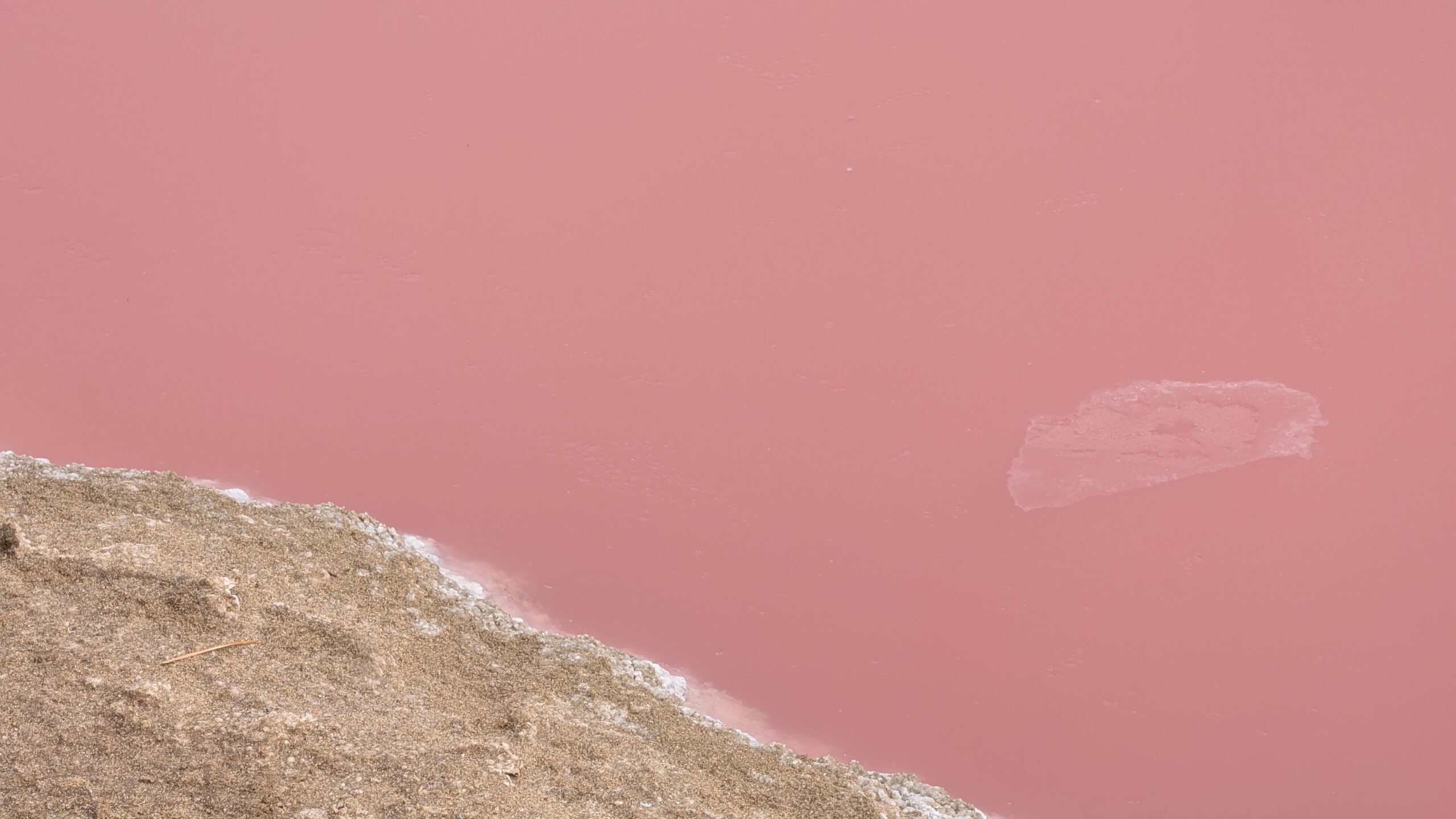
Throughout the day, his commentary was informative yet unscripted. He spoke with pride and affection for his city, sharing insights into the local economy, history, and the changes that tourism has brought over the years. We both appreciated how he managed to weave facts with personal stories, giving us a glimpse into everyday life in Walvis Bay—something no cruise line excursion could have done so authentically.
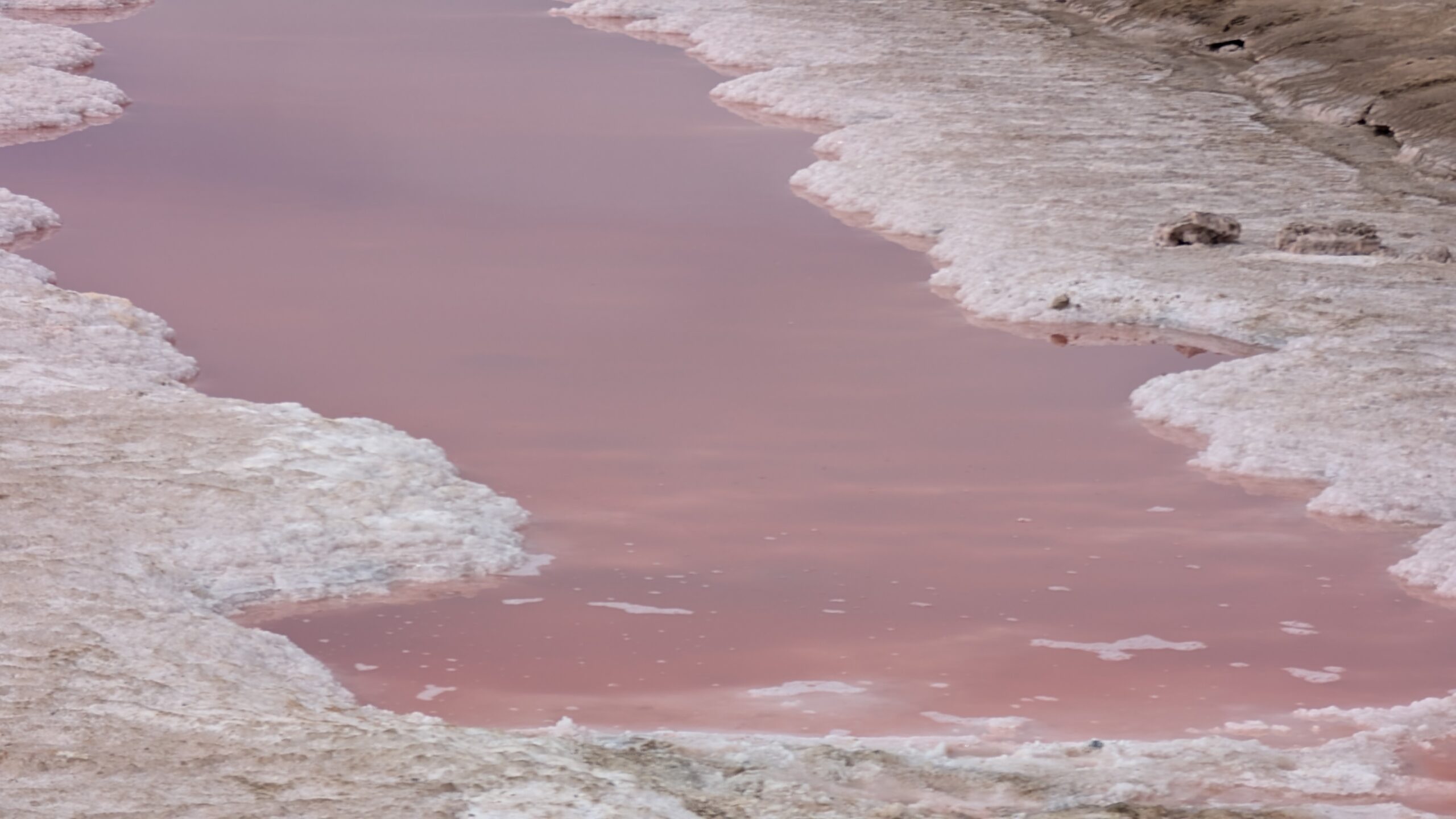
After several hours of exploring, Francisco drove us back to the port. The total cost was US $60 for both of us, which felt like an excellent value for a private tour that covered so much ground. We were so pleased with his service that we left him a generous tip, which we felt was well deserved. More than once, he made sure we felt comfortable and safe, keeping a watchful eye when we stopped for photos and ensuring we had water and shade when needed.
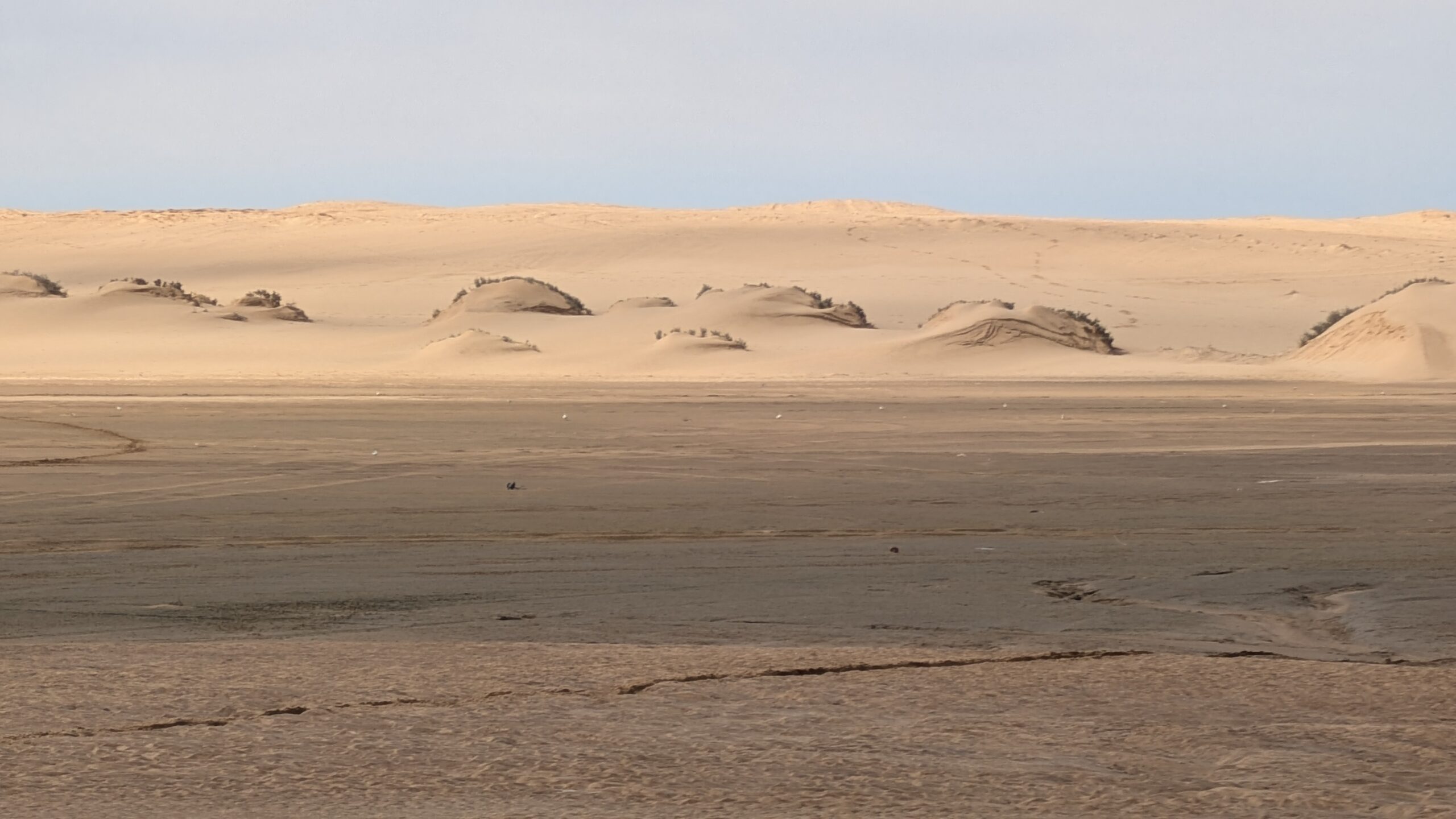
It’s a wonderful thing, finding local guides like Francisco—people who genuinely care about your experience, who open their world to you with warmth and pride, in a world that sometimes feels too rushed, too commercialized. These small, personal connections mean everything.
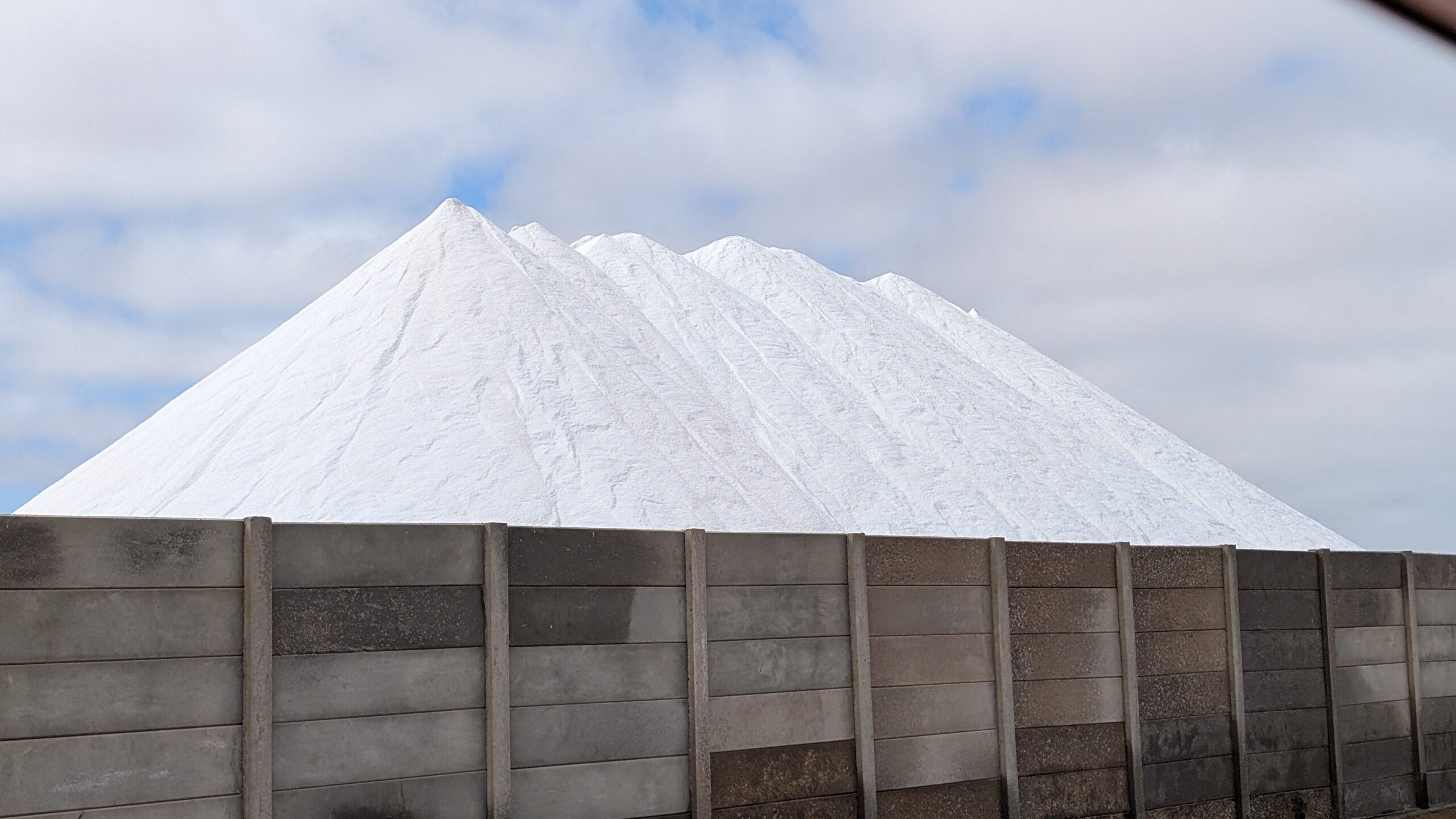

If you ever find yourself arriving by ship or staying in Walvis Bay, we can wholeheartedly recommend Francisco Ambrosini. You can reach him by email at ondjete@outlook.com or by phone at +264 81 240 0149. We have no doubt he’ll offer you the same thoughtful, well-paced experience he gave us.
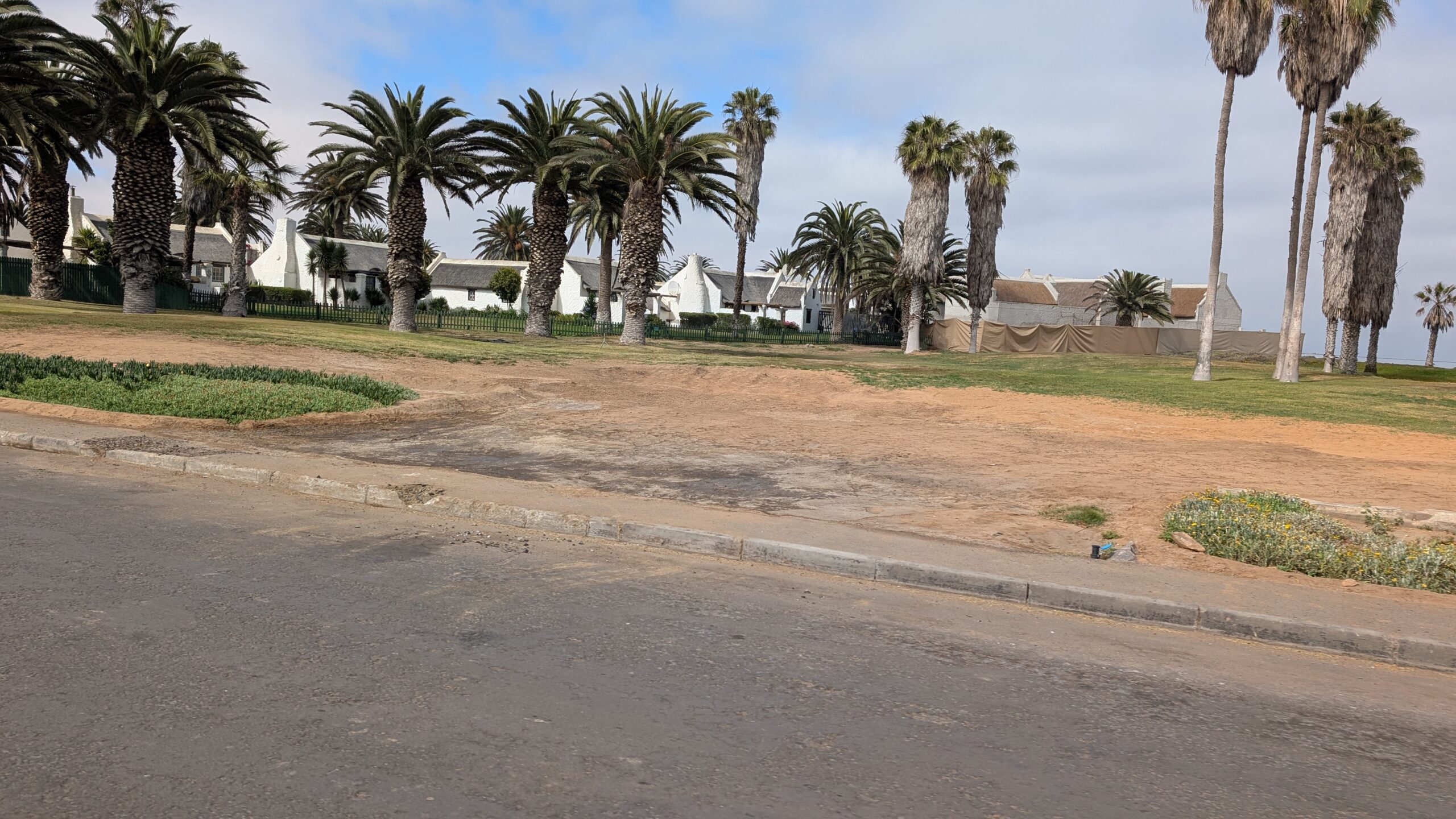
As our ship pulled away later that evening, the sun sinking low over the Namib Desert, we both agreed that our brief time in Walvis Bay had left a lasting impression. Sometimes, the best travel days aren’t the ones packed with famous landmarks or long itineraries. They’re the ones where you connect with a place and its people in a genuine, memorable way. Yesterday was one of those days, and we’ll carry that feeling with us long after we’ve left Namibia’s golden shores behind.
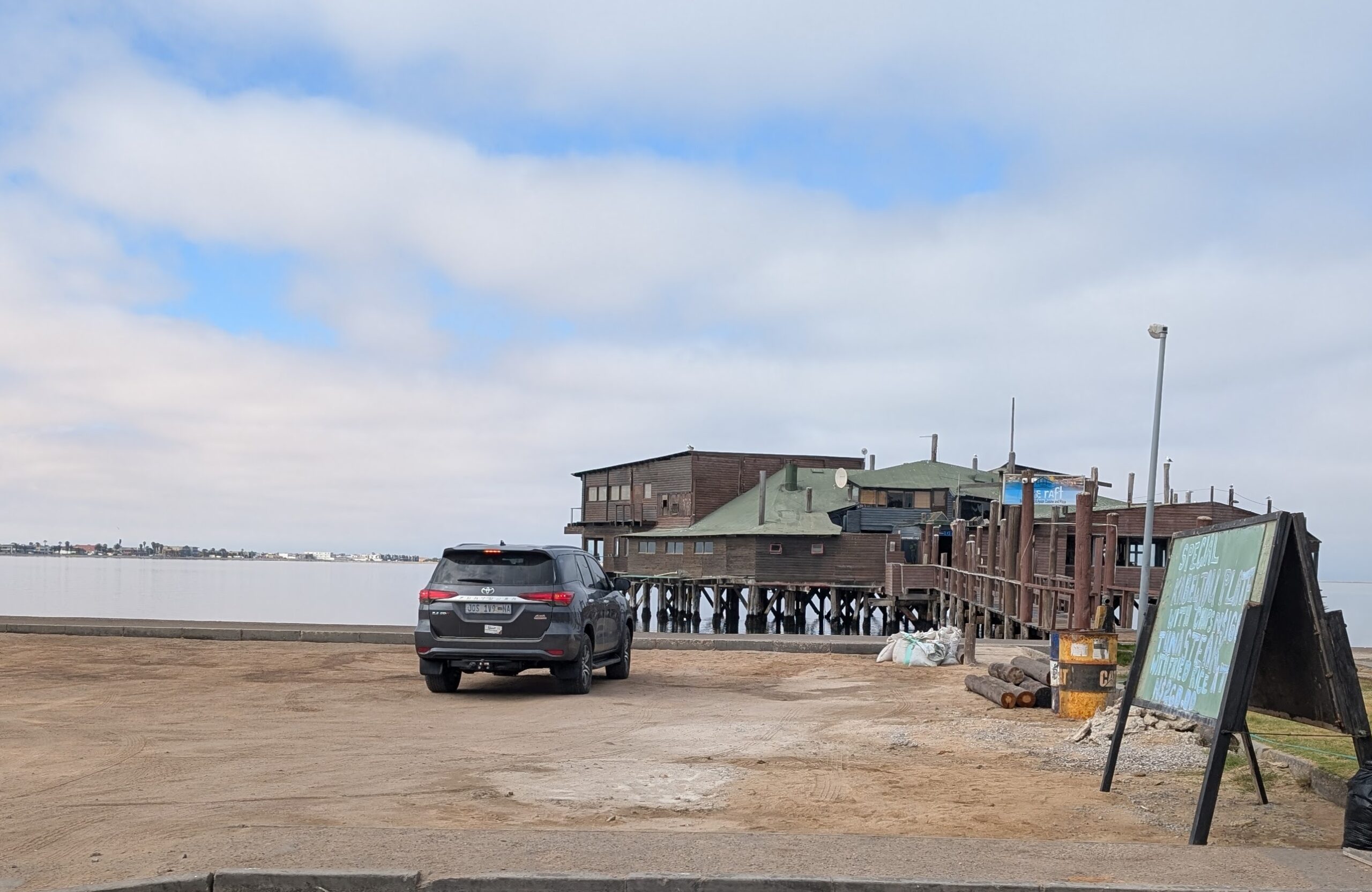
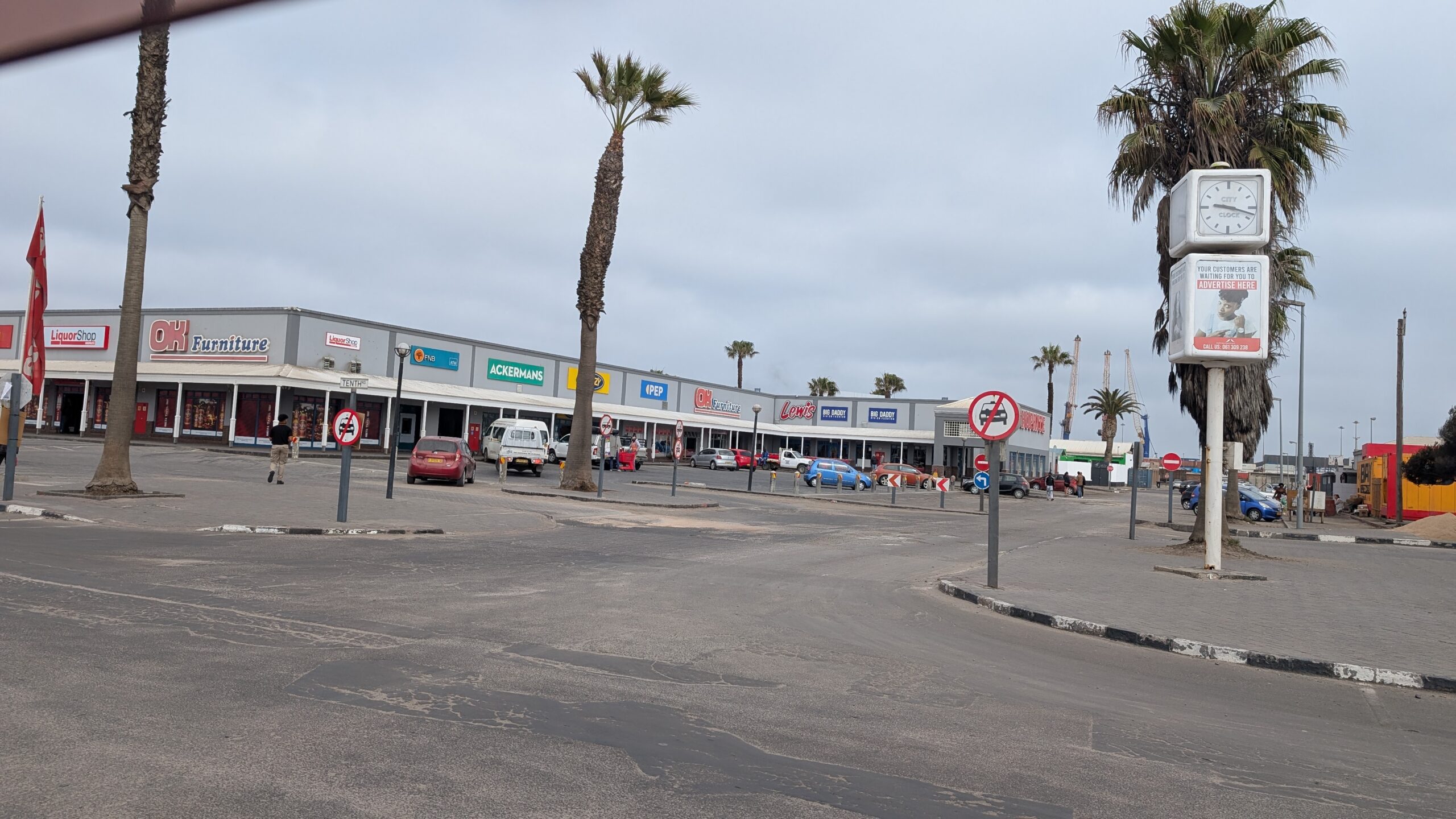
Tomorrow, we’ll be back with stories and photos of the pink flamingos and more from our tour in Walvis Bay, Namibia.
Be well.
Photo from ten years ago today, November 11, 2015:


